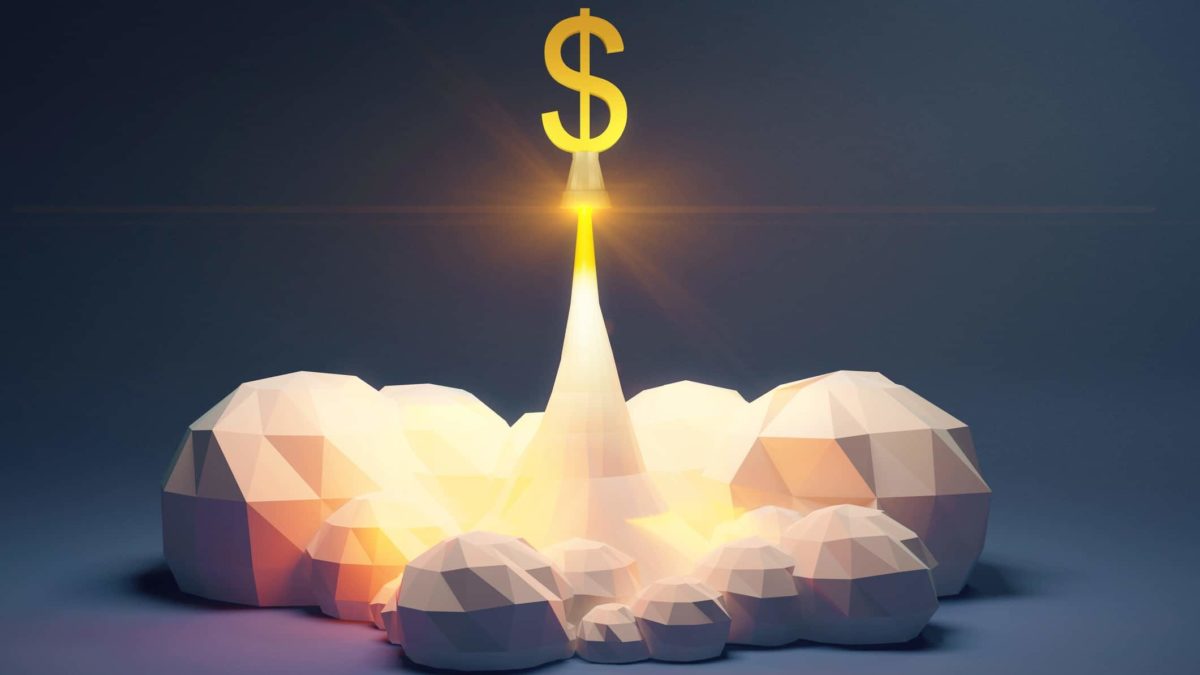A message from our CIO, Scott Phillips:
"G'day Fools. If you're like us, you're dismayed by the events taking place in Ukraine. It is an unnecessary humanitarian tragedy. Times like these remind us that money is important, but other things are far more valuable. And yet the financial markets remain open, shares are trading, and our readers and members are looking to us for guidance. So, we'll do our best to continue to serve you, while also hoping for a swift and peaceful end to war in Ukraine."
________________
It has now been 13 days since Russia instigated the largest military attack on a sovereign state in Europe since World War II. An unexpected consequence has been skyrocketing commodity prices.
Acting swiftly, much of the Western world applied sanctions on the invading country and its associated oligarchs — most of these being financial in nature.
However, with the United States considering a ban on Russian oil imports, commodity markets are wasting no time in getting ahead of more far-reaching sanctions.
The anticipation has led to bidding up and short-covering across several commodities that Russia deals in.
Commodity prices in focus as conflict continues
Unfortunately for the rest of the world, Russia constitutes a fair-sized chunk of production for numerous commodities. As a result, the looming possibility of sanctions on various commodity imports from Russia has markets expecting higher prices.
Simplistically, this is the supply and demand equation at work. If commodity traders believe supply might be impacted in some way — while demand holds steady — the price for the material must rise.
There are a few key examples of this that investors might have overlooked. Firstly, palladium — a commodity commonly used in catalytic converters — has increased 80% in value so far this year. According to reports, Russia accounts for around 40% of all palladium production.
Another 'under-the-radar' material that is getting caught up in all the turmoil is potash. The mineral compound is widely used in fertilisers. In addition, it can be found as a preservative in a number of drinks and food items.
Recently, the European Union slapped sanctions on the unsuspecting material. In turn, prices for the commodity have risen to record levels, potentially jeopardising food security. It is estimated that about 40% of potash comes is sourced from Russia and Belarus.
The last example of outlandish commodity prices is also the most shocking. Nickel, which has become a common battery material, has more than doubled its price in a matter of days.
To highlight the extreme move, the London Metal Exchange cancelled its nickel trading last night. This was in response to what looked like a spiralling short squeeze scenario.
How are ASX resource shares reacting?
Despite the record prices of many commodities, ASX resource shares are not performing as positively. Whether investors are perhaps viewing this as a short-term situation or thinking higher prices will come with higher costs; the market is not pushing the resource giants upwards.
For reference, here are the share price movements over the past 5 days for a handful of ASX mining shares at today's market close:









